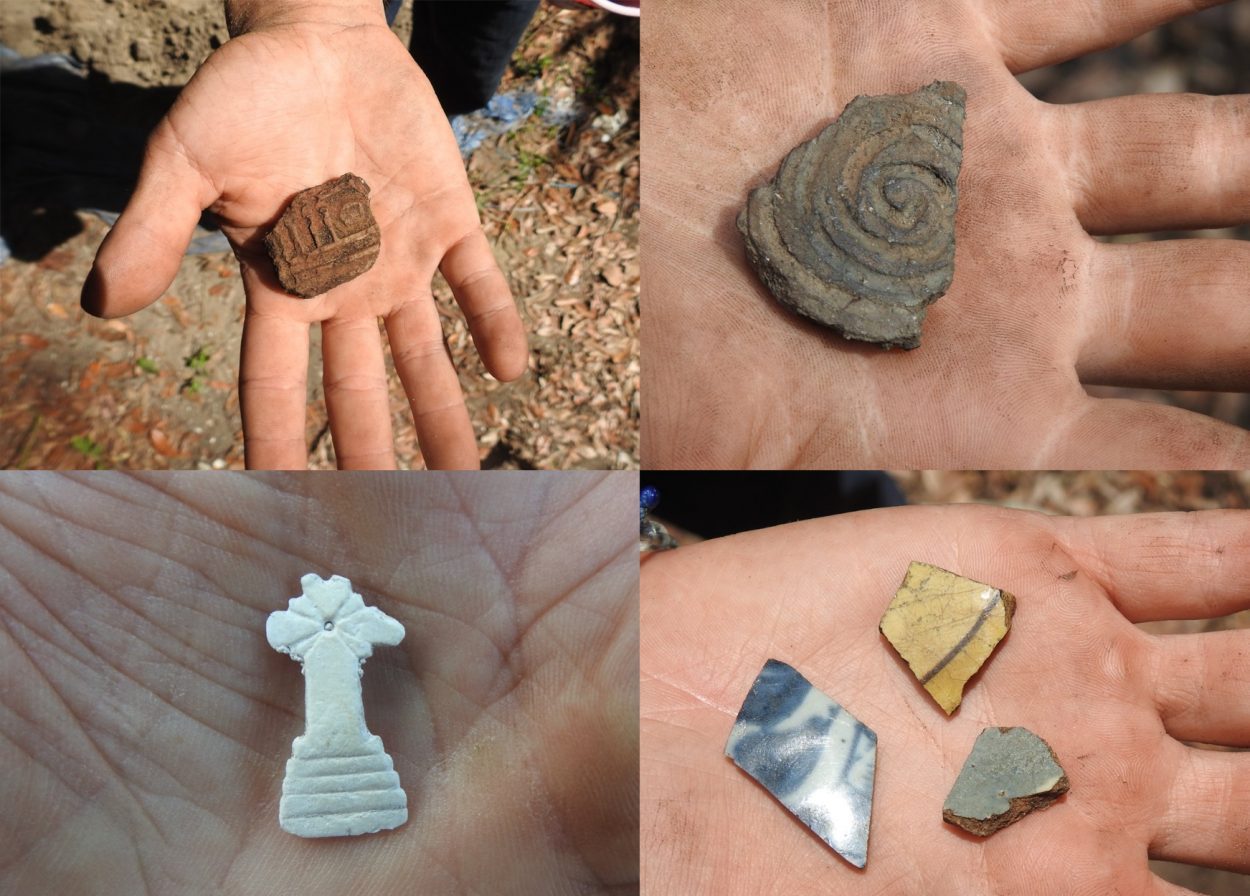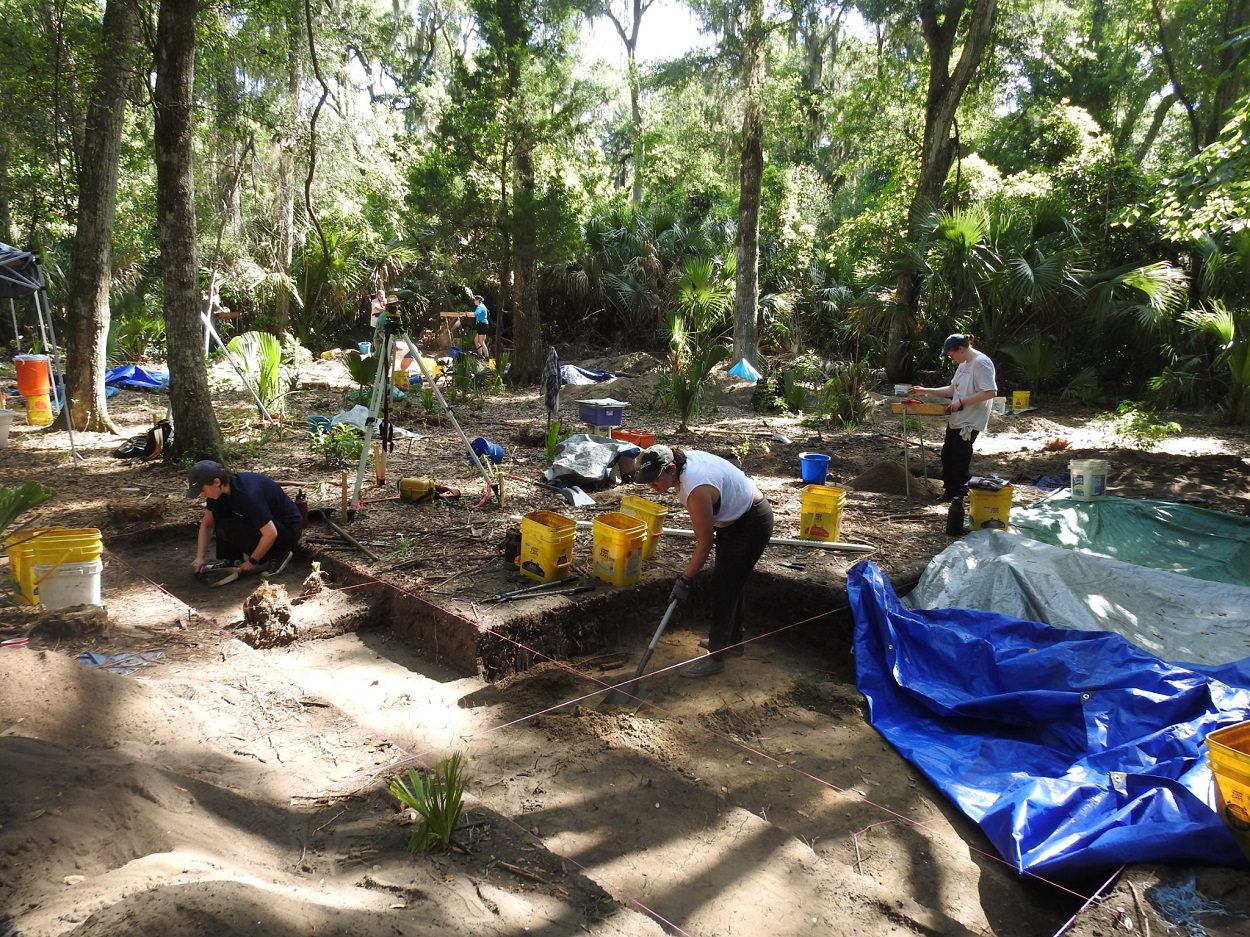Archaeologists from the University of North Florida Archaeology Lab have revealed new evidence to support the location of the lost Indigenous settlement of Sarabay in Florida, the United States.
Sarabay was a village of the Mocama-speaking Timucua Indians, believed to be the first indigenous populations of Florida encountered by European explorers in the 1560s.
Contemporary accounts by the French and Spanish mention the settlement of Sarabay on an island north of the St. Johns River, with wooden palisade walls, houses, public buildings and granaries.
An account by Fray Francisco Pareja also mentions that Sarabay was one of the nearby Mocama communities he served as friar whilst living at the mission of San Juan del Puerto on Fort George Island.

Researchers from UNF identified the site as being Big Talbot Island, with studies being conducted since 2020 as part of the UNF Archaeology Lab’s ongoing Mocama Archaeological Project. This study focuses on the Mocama-speaking Timucua Indians who lived along the Atlantic coast of northern Florida.
Previous excavations on the island discovered artefacts and seven building posts from the 16th century. In the latest season of excavations, the researchers have discovered four more building posts, indicating a large Indigenous structure approximately 50-60 feet in diametre that may have been a community council house.
The team also uncovered large amounts of Indigenous pottery that a radiocarbon study dates from between 1580-1620, in addition to Spanish storage vessels used for holding olive oil, painted Spanish majolica, and Colonoware pottery made by Indigenous women that appear to have a European influence.
Other finds include bone and shell tools, with the most interesting being a shell artefact with Catholic imagery.
Header Image Credit : UNF Archaeology LAB





